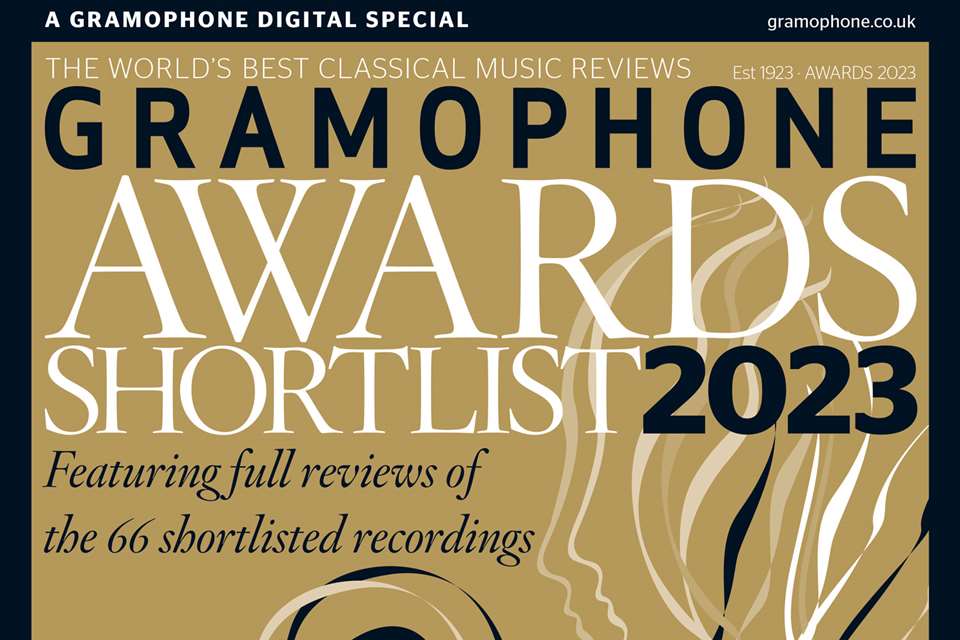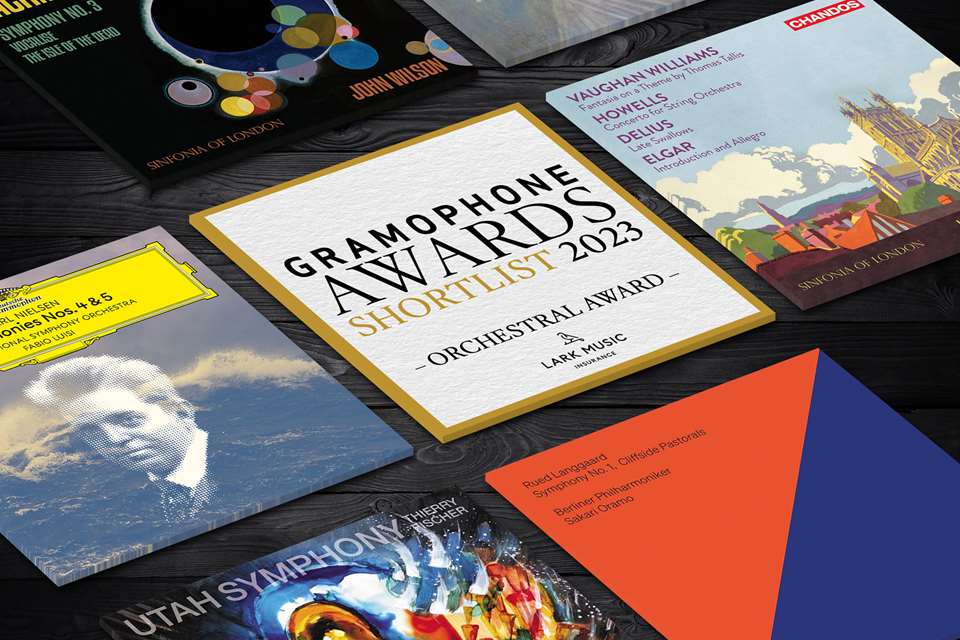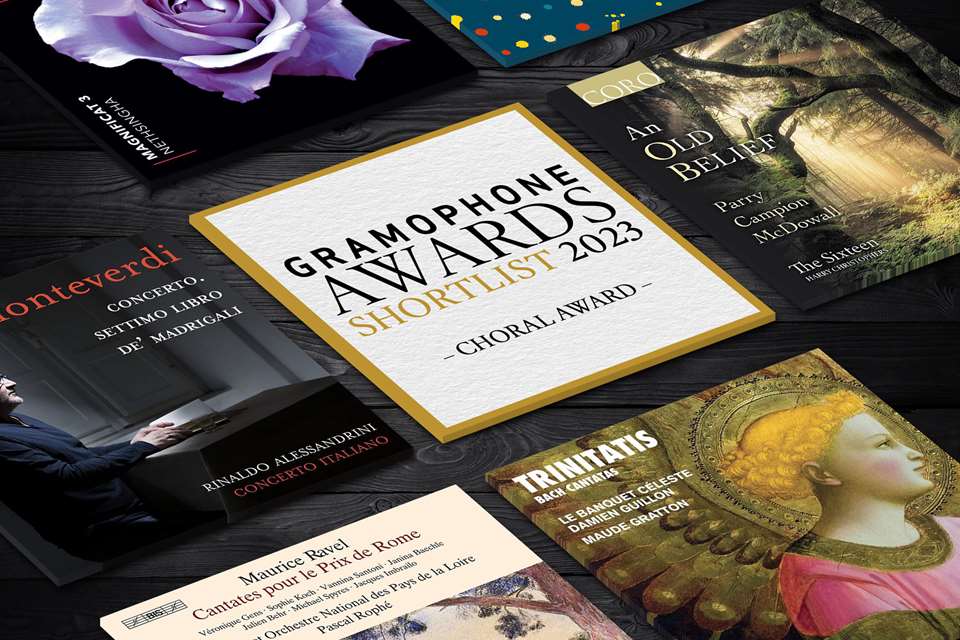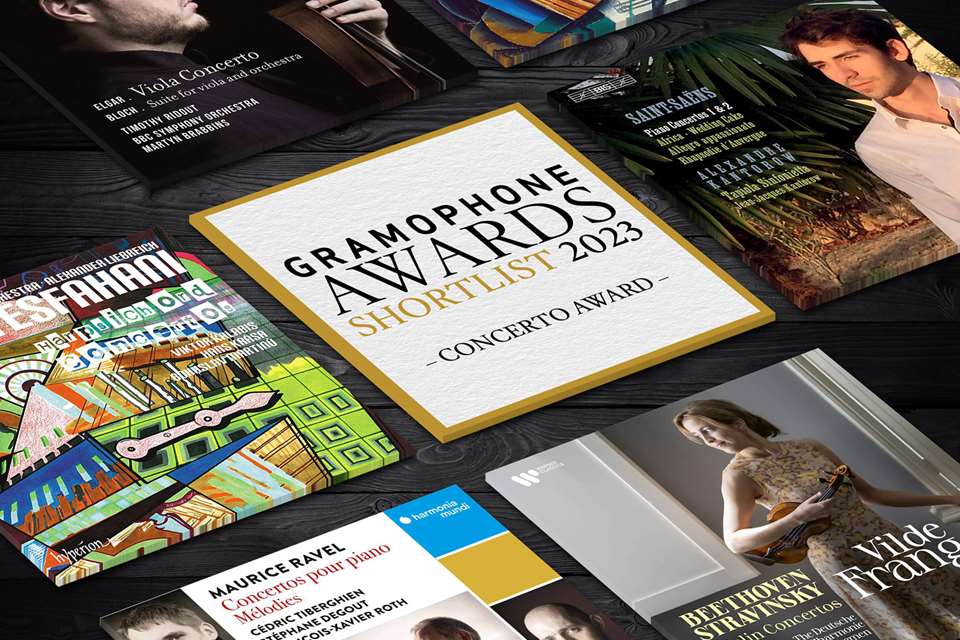Gramophone Awards Shortlist 2023: Piano Category
Monday, September 4, 2023
Explore the six albums that have been shortlisted for the Piano Award at this year's Gramophone Classical Music Awards
Register now to continue reading
Thanks for exploring the Gramophone website. Sign up for a free account today to enjoy the following benefits:
- Free access to 3 subscriber-only articles per month
- Unlimited access to our news, podcasts and awards pages
- Free weekly email newsletter












